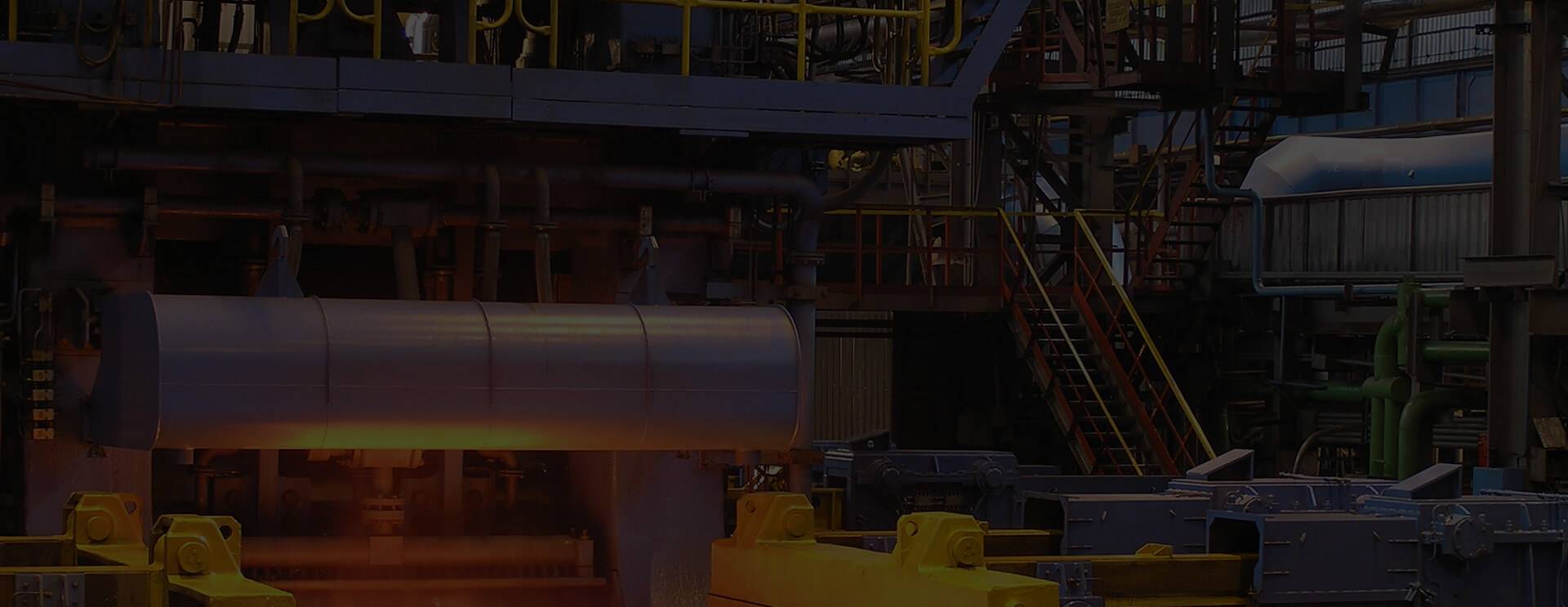loading...
- No. 9, Xingyuan South Street, Dongwaihuan Road, Zaoqiang County, Hengshui, Hebei, China
- admin@zjcomposites.com
- +86 15097380338
- Welcome to visit our website!
Innovative Solutions for Sustainable Wastewater Treatment and Resource Recovery Strategies
The Importance of Wastewater Treatment
Wastewater treatment is a critical aspect of environmental conservation and public health. As urbanization and industrialization continue to rise, the amount of wastewater generated is increasing at an alarming rate. Effective wastewater management not only addresses the challenges posed by this increase but also protects ecosystems and human health.
Wastewater, which refers to any water that has been adversely affected in quality by anthropogenic influence, can come from various sources, including households, industries, and agricultural runoff. If left untreated, this contaminated water can lead to severe environmental degradation and health risks. Pollutants in wastewater include bacteria, viruses, heavy metals, nutrients (like nitrogen and phosphorus), and organic compounds. Therefore, proper treatment is essential before discharging this water into natural water bodies.
The wastewater treatment process typically consists of several stages preliminary treatment, primary treatment, secondary treatment, and tertiary treatment.
1. Preliminary Treatment This stage involves the removal of large solids and debris from the wastewater, which might include plastics, leaves, and other large particles. Screening and grit removal are common processes used here to ensure that the subsequent treatment steps can function effectively.
2. Primary Treatment In this phase, the wastewater is settled in large tanks to allow solids to sink to the bottom, forming sludge, while lighter substances float to the top, forming scum. This process typically removes about 50-60% of suspended solids and a significant portion of biological oxygen demand (BOD).
3. Secondary Treatment This is a biological process where microorganisms are used to digest organic matter present in the wastewater. Aeration tanks are commonly used, where oxygen is introduced to promote the growth of bacteria that break down organic pollutants. Following this, the water goes through a settling phase where the biomass is allowed to separate from the treated water.
wastewater treatment

4. Tertiary Treatment This advanced treatment focuses on removing remaining contaminants, including nutrients and pathogens, often through filtration, chemical treatment, or biological processes. Technologies like reverse osmosis or ultraviolet (UV) disinfection are applied in this stage to ensure that the treated water meets health and environmental standards.
The benefits of wastewater treatment extend beyond mere compliance with regulations. Treated wastewater can be safely returned to the environment, where it can re-enter the water cycle. Moreover, it can be reused for various purposes, including irrigation in agriculture, industrial processes, and even as potable water through advanced treatment technologies.
In addition to protecting public health and the environment, effective wastewater treatment also contributes to sustainable development
. By recycling wastewater, communities can reduce their reliance on freshwater sources, which is particularly critical in arid regions where water scarcity is an issue.Investing in modern wastewater treatment facilities also has economic benefits. These facilities can create jobs, reduce costs associated with water supply and treatment, and enhance property values in the surrounding communities. Furthermore, as industries strive for sustainability, having access to treated wastewater can provide a reliable source of water, potentially reducing operational costs.
Despite the recognized importance of wastewater treatment, many regions around the world still lack adequate facilities. This disparity highlights the urgent need for increased investment in wastewater infrastructure, technologies, and public education on the importance of treating wastewater responsibly.
In conclusion, wastewater treatment is not merely a regulatory requirement but a vital process with far-reaching implications for public health, environmental sustainability, and economic well-being. As we face challenges related to population growth and climate change, expanding and improving wastewater treatment systems will be essential to secure a healthier and more sustainable future for all. Investing in these systems is an investment in our collective health and the planet's wellbeing.
-
The Rise of FRP Profiles: Strong, Lightweight, and Built to LastNewsJul.14,2025
-
SMC Panel Tanks: A Modern Water Storage Solution for All EnvironmentsNewsJul.14,2025
-
GRP Grating: A Modern Solution for Safe and Durable Access SystemsNewsJul.14,2025
-
Galvanized Steel Water Tanks: Durable, Reliable, and Ready for UseNewsJul.14,2025
-
FRP Mini Mesh Grating: The Safer, Smarter Flooring SolutionNewsJul.14,2025
-
Exploring FRP Vessels: Durable Solutions for Modern Fluid HandlingNewsJul.14,2025
-
GRP Structures: The Future of Lightweight, High-Performance EngineeringNewsJun.20,2025
